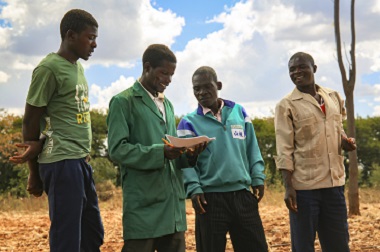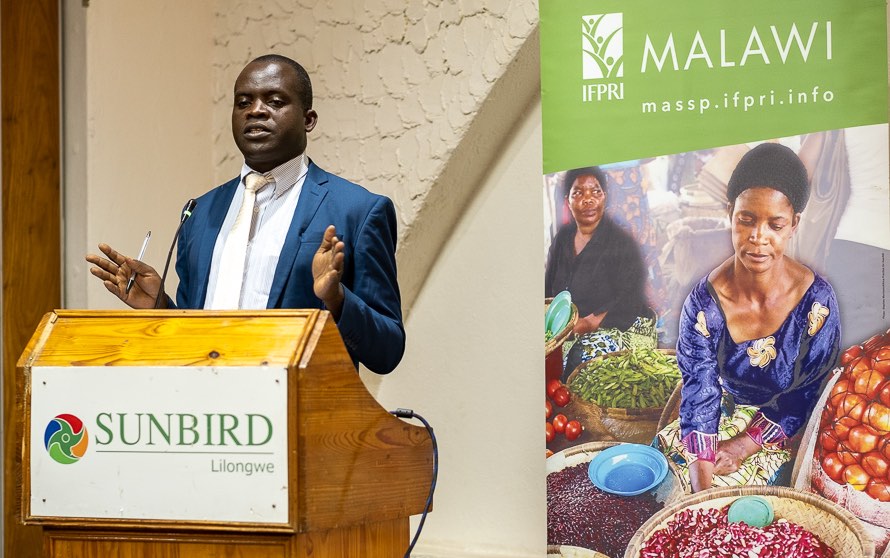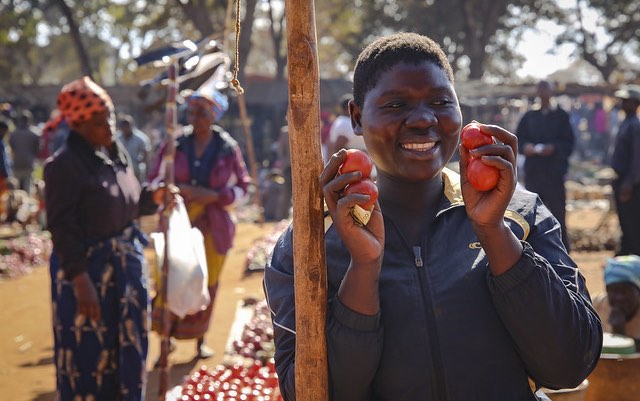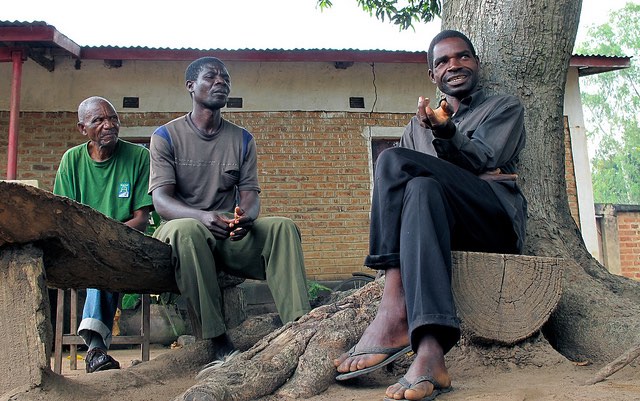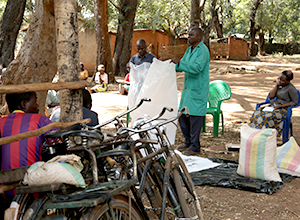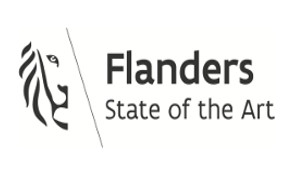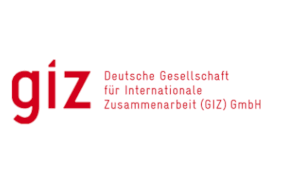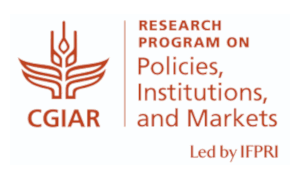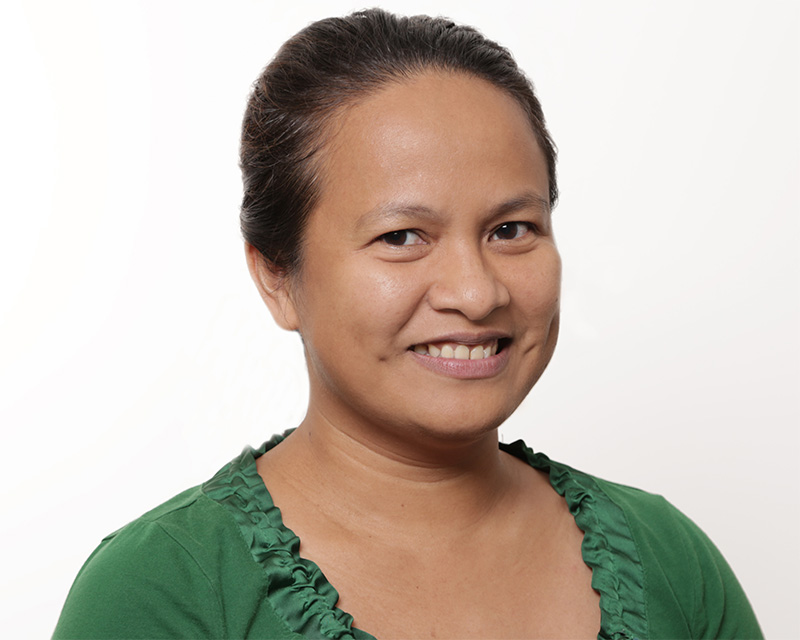Since the first presentation of study results in January 2017, the project has received positive feedback from key stakeholders in Malawi because they value its ability to fill a necessary gap in agriculture extension research in Malawi. In numerous interactions and presentations, stakeholders appreciate the study results, leading to further discussions and dialogue surrounding this evidence on agricultural extension. The following are project highlights and indications of influence:
First, the project has facilitated a community of practice (CoP) (consisting of donors, international NGOs, universities, technical departments in the Malawi MoAIWD) to discuss issues and results, particularly around dissemination of results of specific studies and papers under the project.
Second, the project study results were highlighted by the Government of Flanders’ deputy general representative, Nikolas Bosscher, in his speech during the high-level launch of the third Country Strategy Paper (2019 – 2023) for Development Cooperation between Flanders and Malawi in Lilongwe on February 25, 2019. This launch event was attended by the more than 60 participants including government officials, local partners, international donors and Joseph Mwanamvekha, Minister for Agriculture, Irrigation and Water Development. The project study results have been cited in this CSP III.
Third, the project has been very productive in terms of research outputs, both in the form of quick and accessible Discussion Papers and peer-reviewed publications in top-ranked journals. Presenting preliminary results or work-in-progress research has been fruitful in creating a dialogue and yielding immediate learning effect among both practitioners in the ground and researchers. IFPRI researchers have worked closely with LUANAR professors and graduate students for the various assessments contributing to a productive research partnership and capacity strengthening.
Fourth, the project enabled the collection of nationally-representative panel household data, systematically linking it with other data collection efforts including a census of service providers, strategically-designed focus groups discussions, and a series of in-depth interviews. This offered a unique setting to triangulate results from various sources and different perspectives, adding to the quality of the paper and credibility of the findings.
Last, the project has generated and leveraged additional funding starting from seed funds from the Government of Flanders to significant contributions from GIZ, USAID-SANE and CGIAR PIM CRP. The pooled funding from the Government of Flanders, GIZ, and USAID-SANE has allowed for the collection of a large-sample and nationally-representative data (from 3000 households) for two rounds (2016, 2018). This has enabled monitoring of the progress and contribution of agricultural extension services being collectively provided by various organizations.




